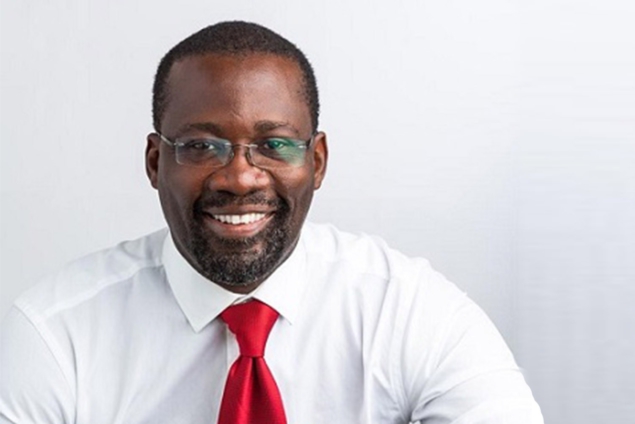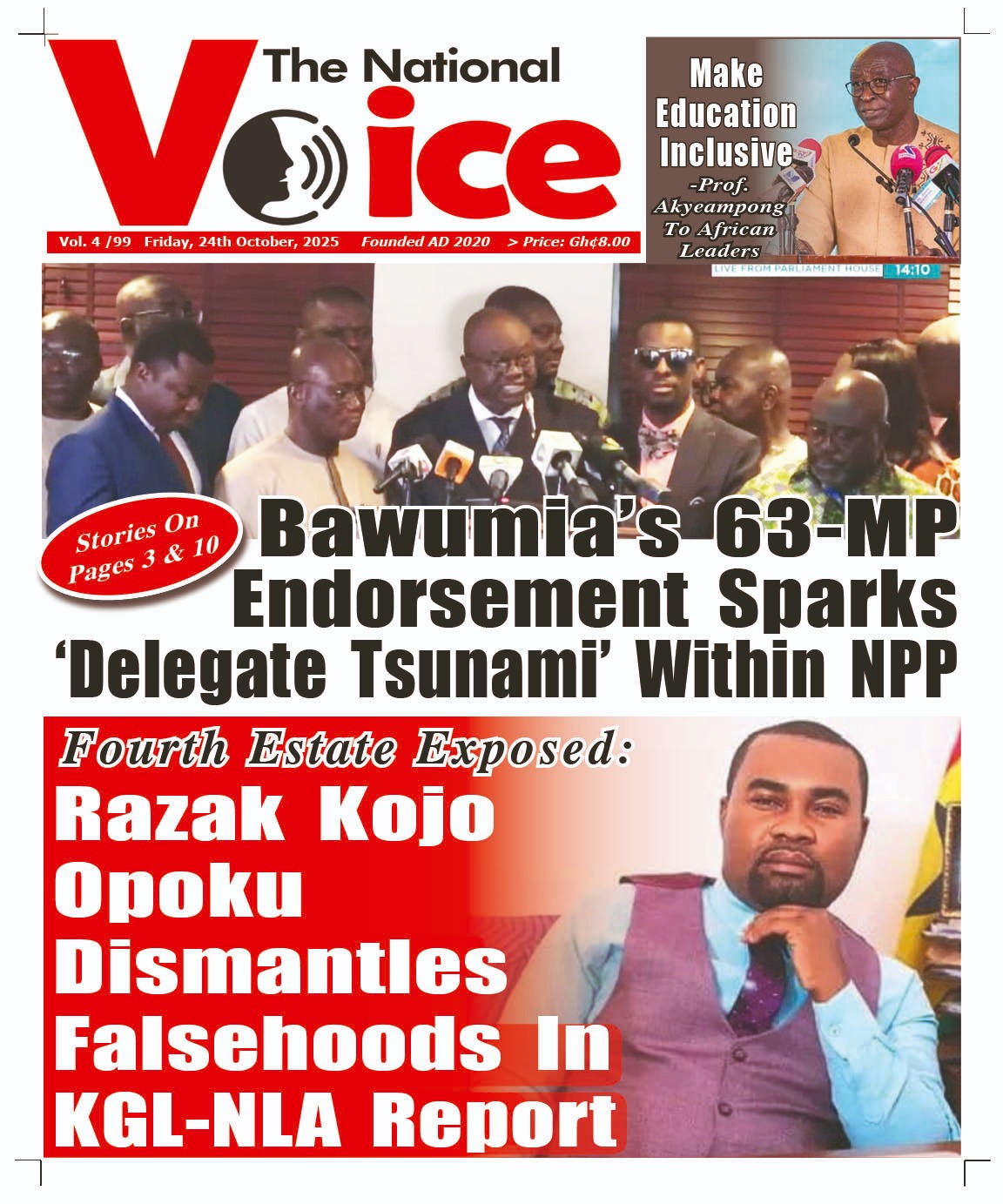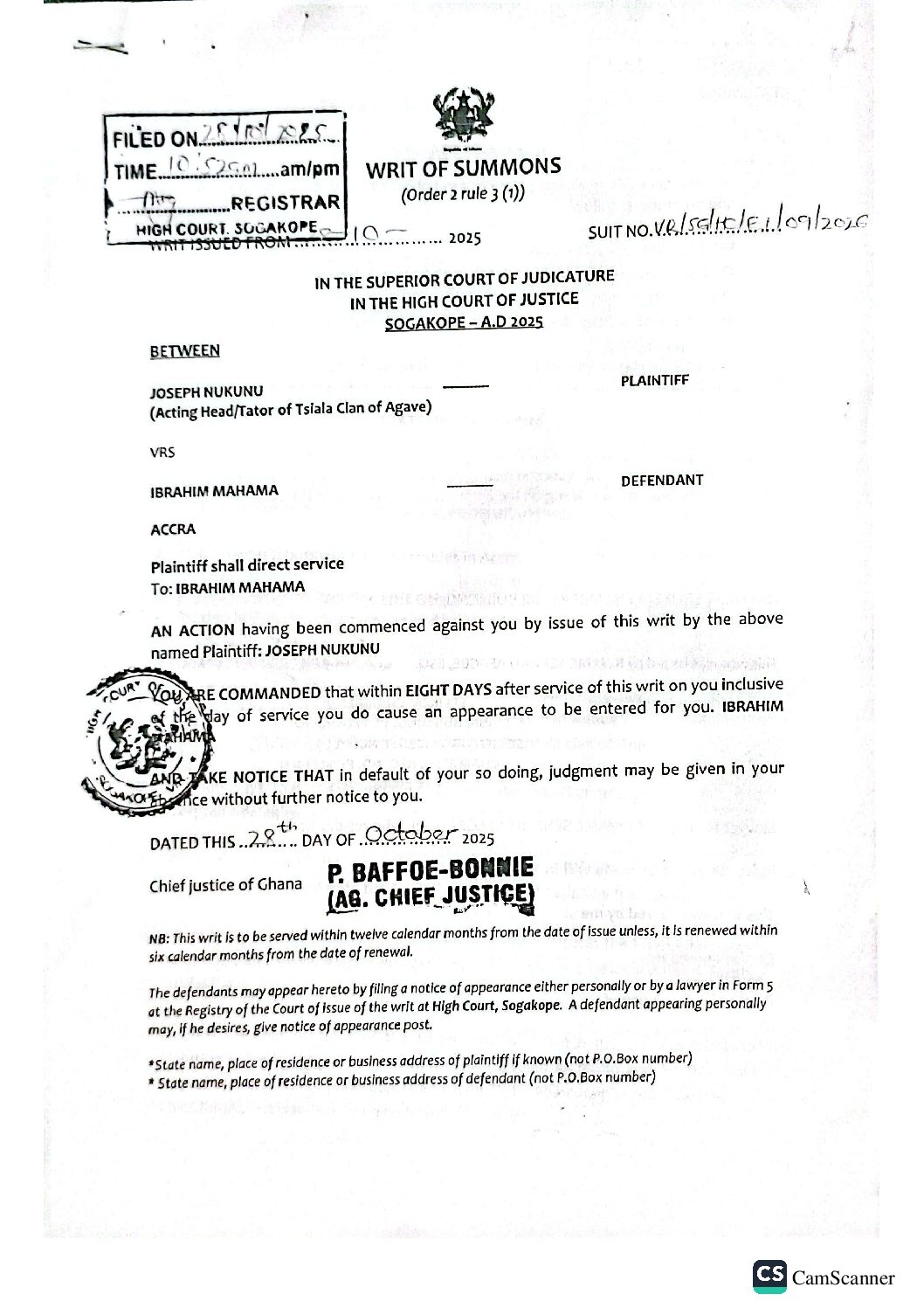In a notable legal development, a court in Accra has slashed the bail for Dr. Edwin Alfred Provencal, the former Managing Director of the Bulk Oil Storage and Transportation Company Limited (BOST), from GHS 60 million to GHS 30 million. The court also ruled that the two sureties required for bail need not justify the amount, providing a significant relief after Provencal spent eight days in the custody of the Economic and Organised Crime Office (EOCO).
Provencal’s arrest on November 10, 2025, occurred at Kotoka International Airport, where he was preparing to board a flight. Reports indicate his name had been on a flight watchlist since October 8, 2025, raising questions about the timing and urgency of the detention.
The Core of the Investigation
The arrest is linked to an ongoing probe over an alleged financial loss to the state stemming from a $4.9 million demurrage claim filed by Polypro, a Dubai-based oil trading company. The claim relates to a shipment of diesel that allegedly stayed uncleared in Ghana for an extended period, accruing substantial demurrage fees.
BOST, however, denies liability, asserting that it had not contracted for the cargo when the demurrage costs were incurred. The financial claim is currently before arbitration, and no payment has been made by BOST. This has led analysts to question the rationale behind Provencal’s arrest, given that the alleged loss has not yet materialised.
BOST Performance Highlights the Discrepancy
Adding to the controversy, BOST’s successor, Bulk Energy Storage and Transportation (BEST) Company Limited, reported stellar financial performance in 2024, with net profits rising to GHS 398 million, up from GHS 208.01 million in 2023—a 91% increase year-on-year.
The case has attracted public attention, particularly in the context of Ghana’s “Gold-for-Oil” initiative, which helped avert fuel shortages during the 2022/23 economic crisis while generating significant profits for BOST. Critics argue that focusing on alleged demurrage liabilities, relative to the company’s strong overall financial performance, raises questions about priorities and proportionality in the investigation.
Legal Concerns and Constitutional Issues
Provencal’s lawyer, Charles Okyere, told reporters that EOCO breached the 1992 Constitution by holding his client beyond 48 hours without presenting him before a court. He expressed optimism that with the reduced bail, his client could be released as soon as possible.
“The court has intervened to correct an overreach by EOCO, and we are confident that Dr. Provencal will meet the new bail conditions,” Okyere said.
To date, no formal charges have been filed against Provencal, highlighting the contentious nature of the case and the potential reputational damage to a man recently hailed as an exemplary public servant.
Public Questions Remain
The arrest raises wider questions about EOCO’s investigative approach, proportionality in enforcement, and the politicisation of financial matters linked to high-profile state enterprises. Observers are asking whether arresting executives over unresolved demurrage claims is consistent with due process, especially when the alleged financial loss is still under arbitration.
As the legal proceedings unfold, all eyes remain on Provencal’s case—not only as a matter of law but as a test of fairness, constitutional rights, and accountability in Ghana’s public sector.



